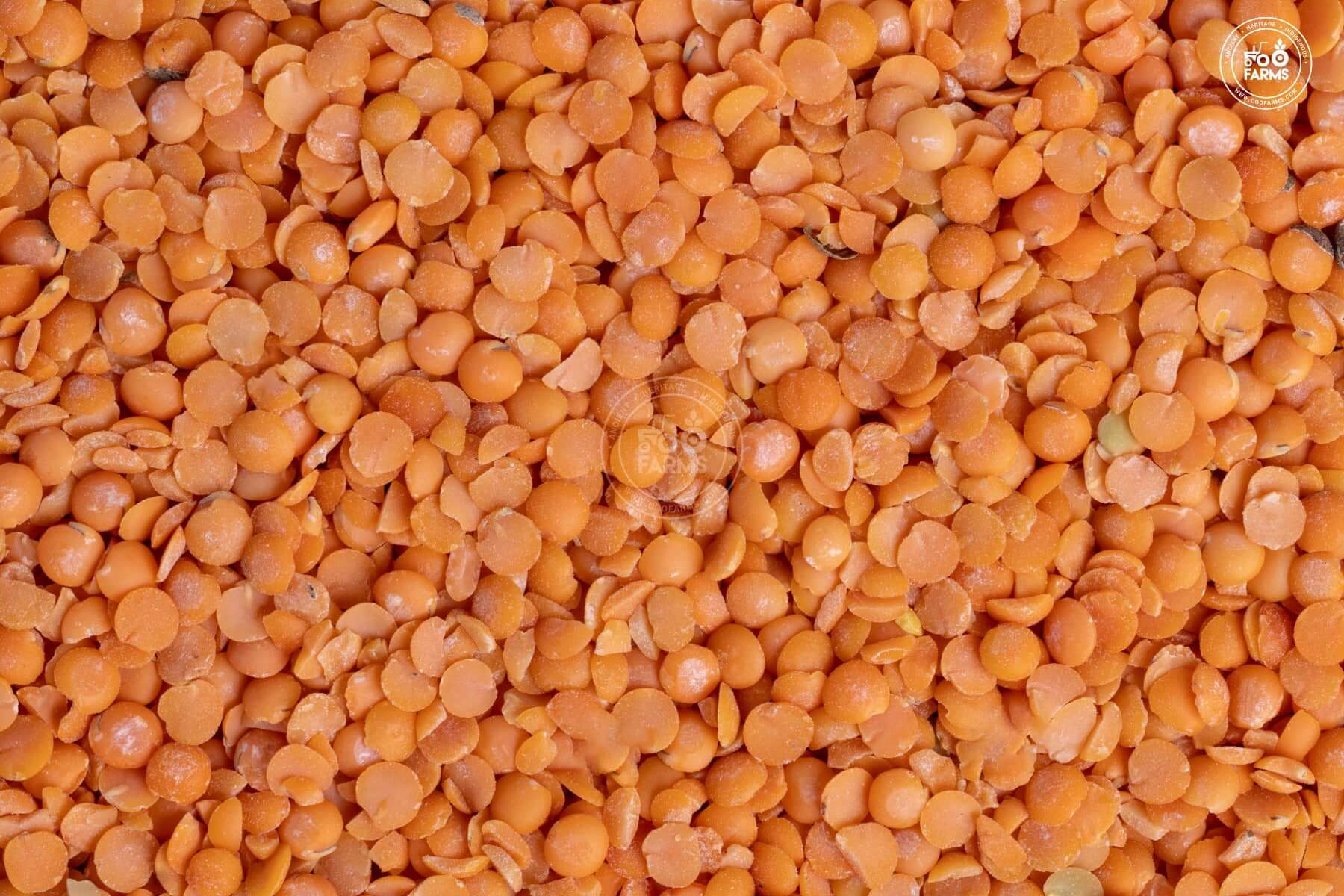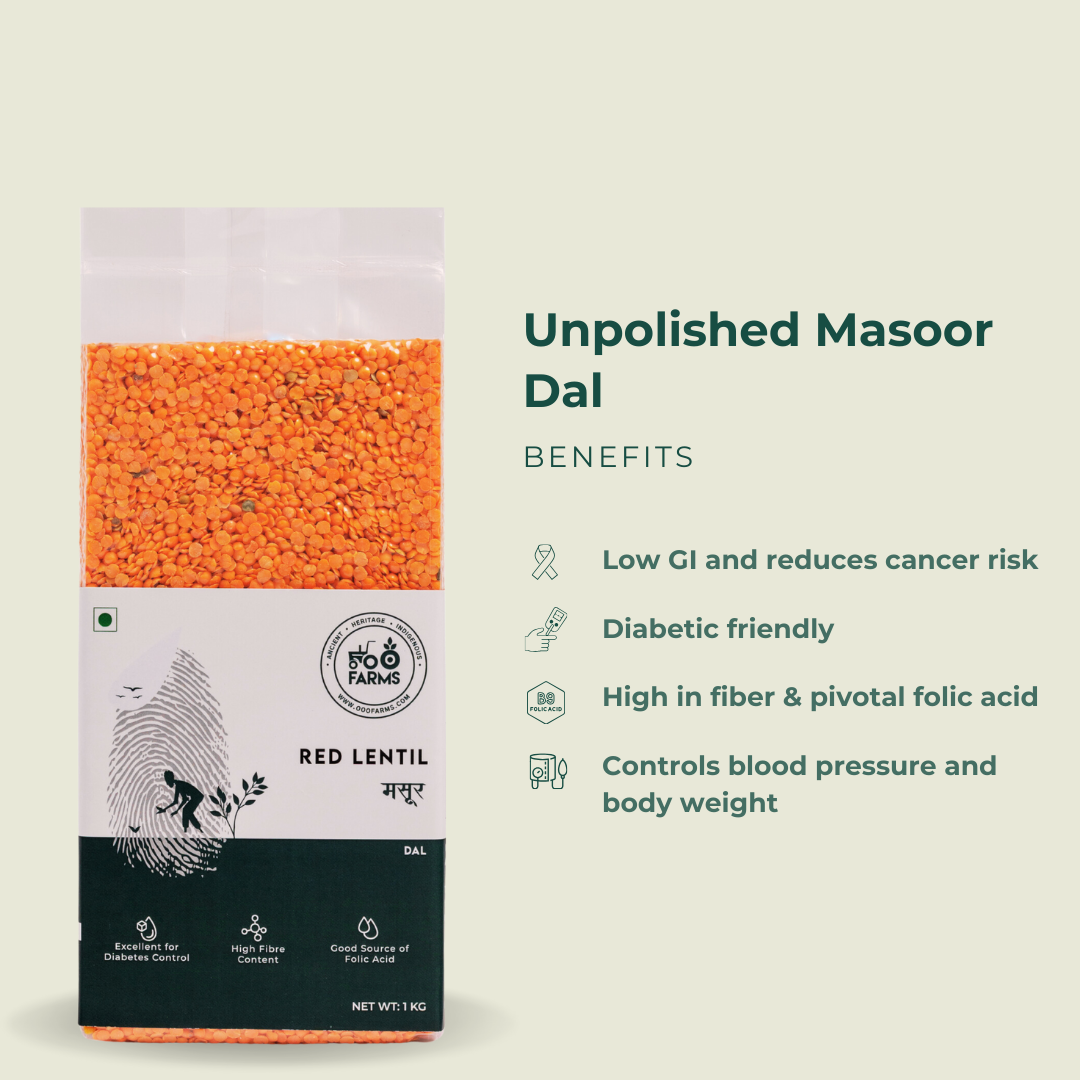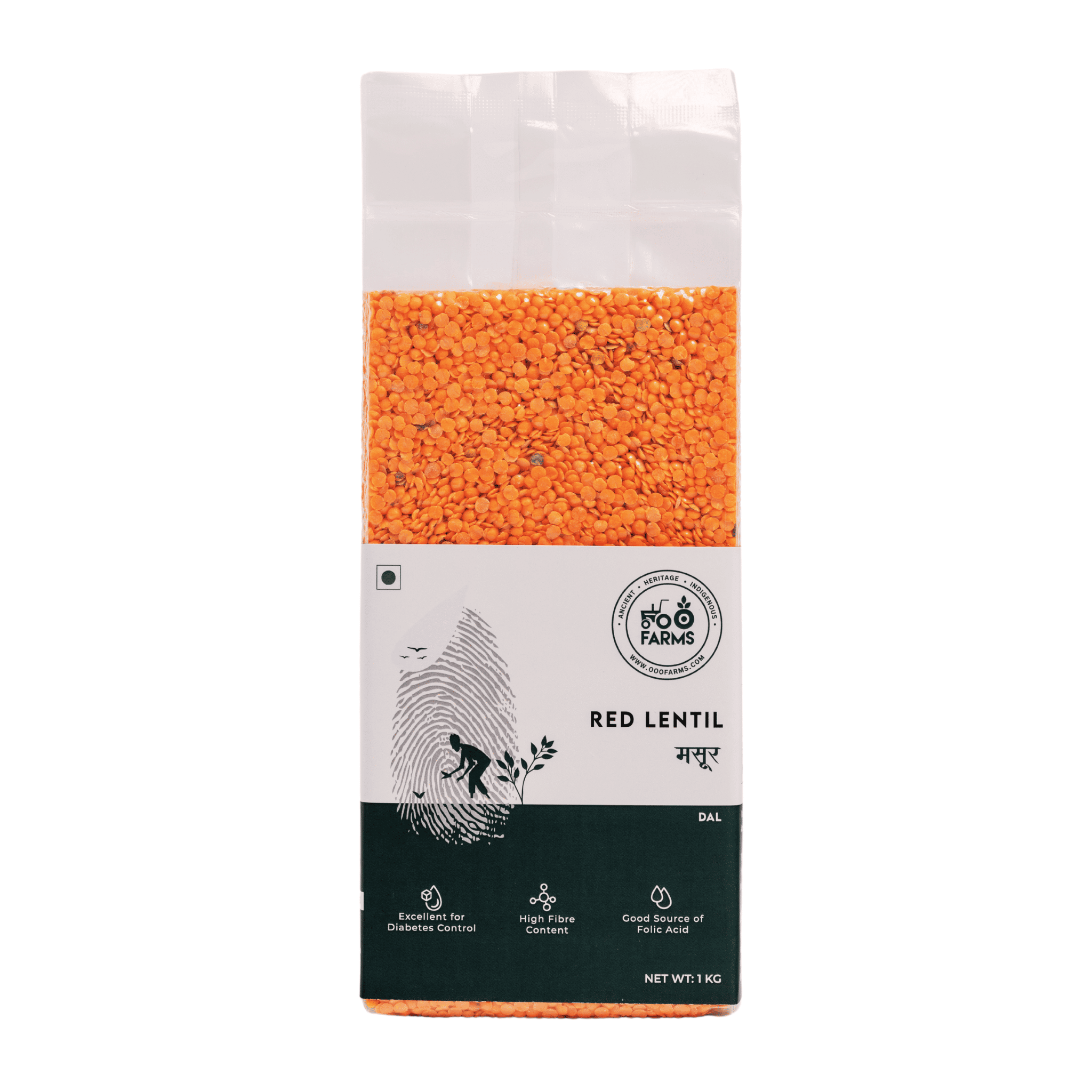


Additional Product Details
Description
Red Lentil originated in the Turkey-Cyprus region (Southwest Asia) and South Asia is a center of its diversity.
Red Lentils have been a part of the Indian subcontinent from ancient times. Red Lentil or Masura has been mentioned in the Brahadaranyaka (c. 5500 BC), a commentary on the
Rigveda (c. 8000 BC) and also in the Yajurveda (c. 7000 BC). Ayurvedic treatises consider lentil to be a highly nutritious pulse, second only to the green gram or mung bean.
Red Lentil seeds are used in the folk medicine of many ethnicities to treat diabetes. Topically they are applied as a water paste to treat skin infections and for the treatment of burns.
Health Benefits
Recommended Usage
Commonly Known As
History




